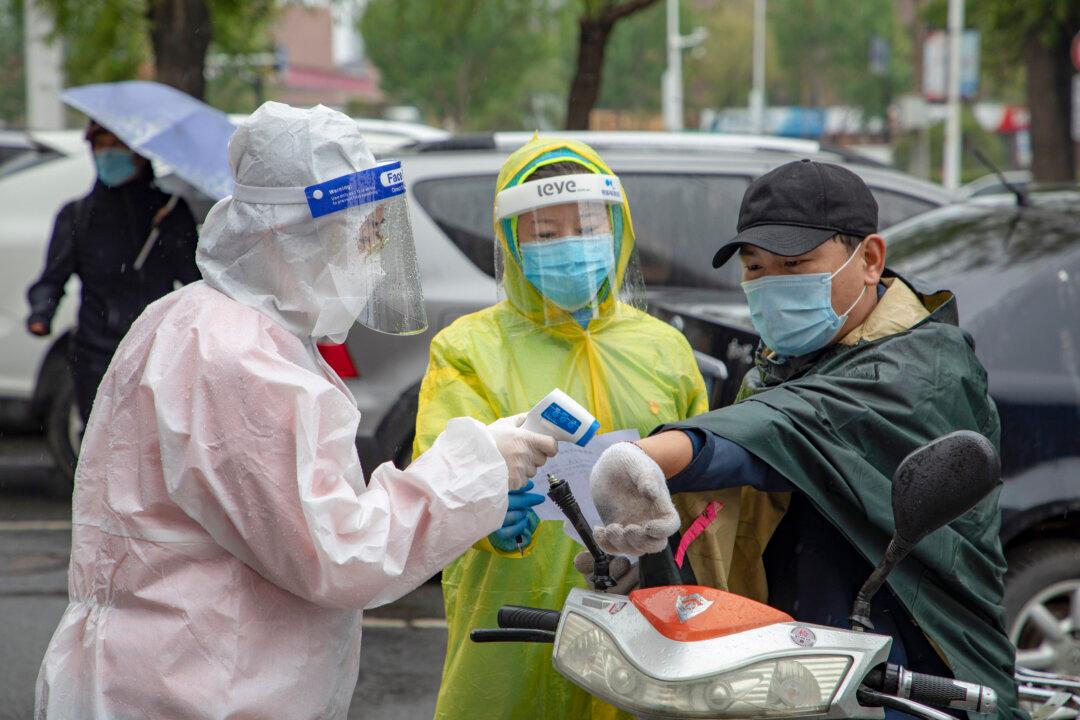As China’s National Health Commission continues to announce more CCP virus infections in northeastern China, local residents describe a tense atmosphere in which they’re left scrambling to learn the true scale of the outbreak.
Chinese authorities have consistently underreported the number of infections and deaths, leading to citizens’ distrust of official data.





